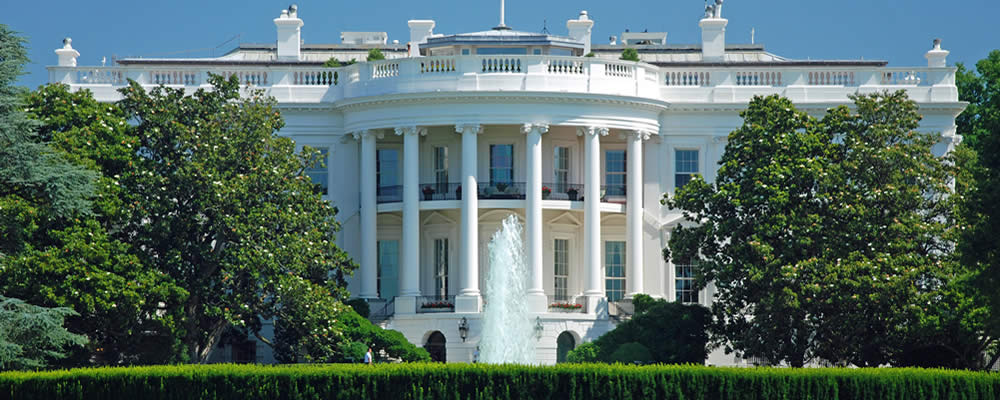The Euro US Dollar exchange rate fluctuated on Thursday as markets responded to mixed domestic data from the US and the latest independence vote in Catalonia.
Eurozone Consumer Confidence Beats Expectations, USD Retains Lead
The Euro to US Dollar (EUR/USD) exchange rate came under strain despite consumer confidence in the currency bloc increasing to 0.5 in December.
This was the highest reading for this assessment since January 2001.
In other news, today is snap Election Day for Catalonia, with pro-independence parties pitted against pro-remain in the latest controversial election.
All indications are that the result will be very close.
This could perceivably be keeping the single currency on the back foot, with investors worried that a vote in favour of independence from Spain would have a seriously negative impact on one of the Eurozone’s largest economies.
Mixed Domestic Data Leaves US Dollar Exchange Rates (USD) Fluctuating
Ultimately, however, improving oversea economies helped continue to stoke demand for US business exports, with the recent successful vote on US tax reform similarly bolstering the outlook.
On the subject of US tax reform, however, the market reaction thus far has been muted, with many economists suggesting that the FX market had already priced in the new legislation.
This notion was supported by TD Securities, with a research note from the company stating:
‘The US Dollar and FX markets more generally have largely been unfazed by the tax bill even though the US is embarking on the biggest overhaul of the tax code since 1986, this leads us to believe that FX has largely priced in the passage of the new legislation’.
EUR USD Forecast: French GDP, German Government in the Spotlight
The EUR/USD exchange rate could experience further movement before the weekend as Friday will feature a run of pertinent US data releases, including durable goods orders, the core personal consumption expenditure (PCE) figures, new home sales and the University of Michigan sentiment assessments.
For the Eurozone, French GDP will take the spotlight, with Germany’s GfK consumer confidence figures also liable to cause some tumult.
The latter could indeed be heavily influenced by the ongoing lack of a government in Germany, with Chancellor Angela Merkel currently embroiled in the process of seeking a fresh ‘grand coalition’ with the German Social Democratic Party (SDP).
